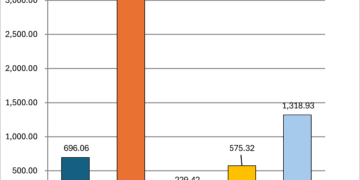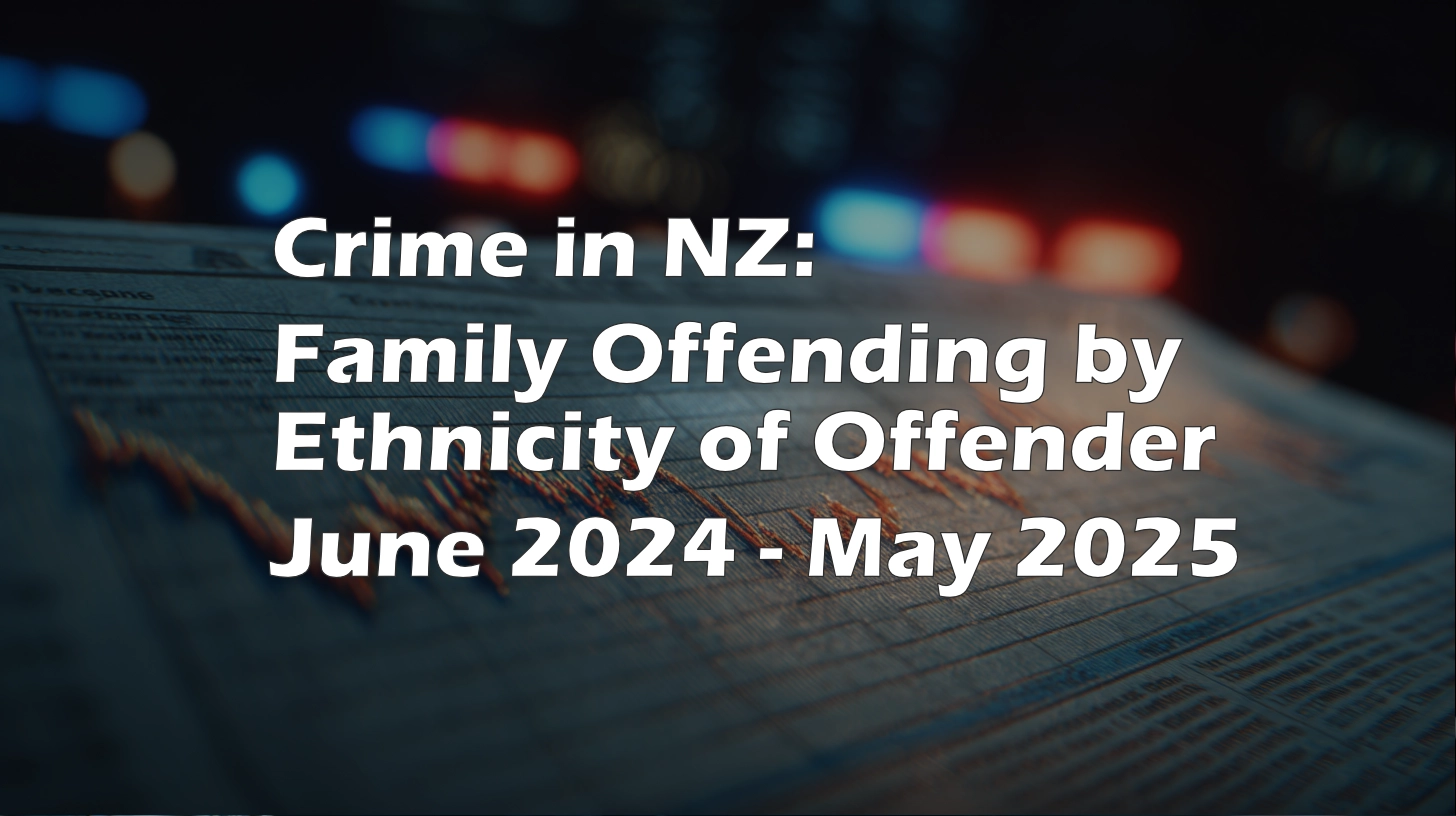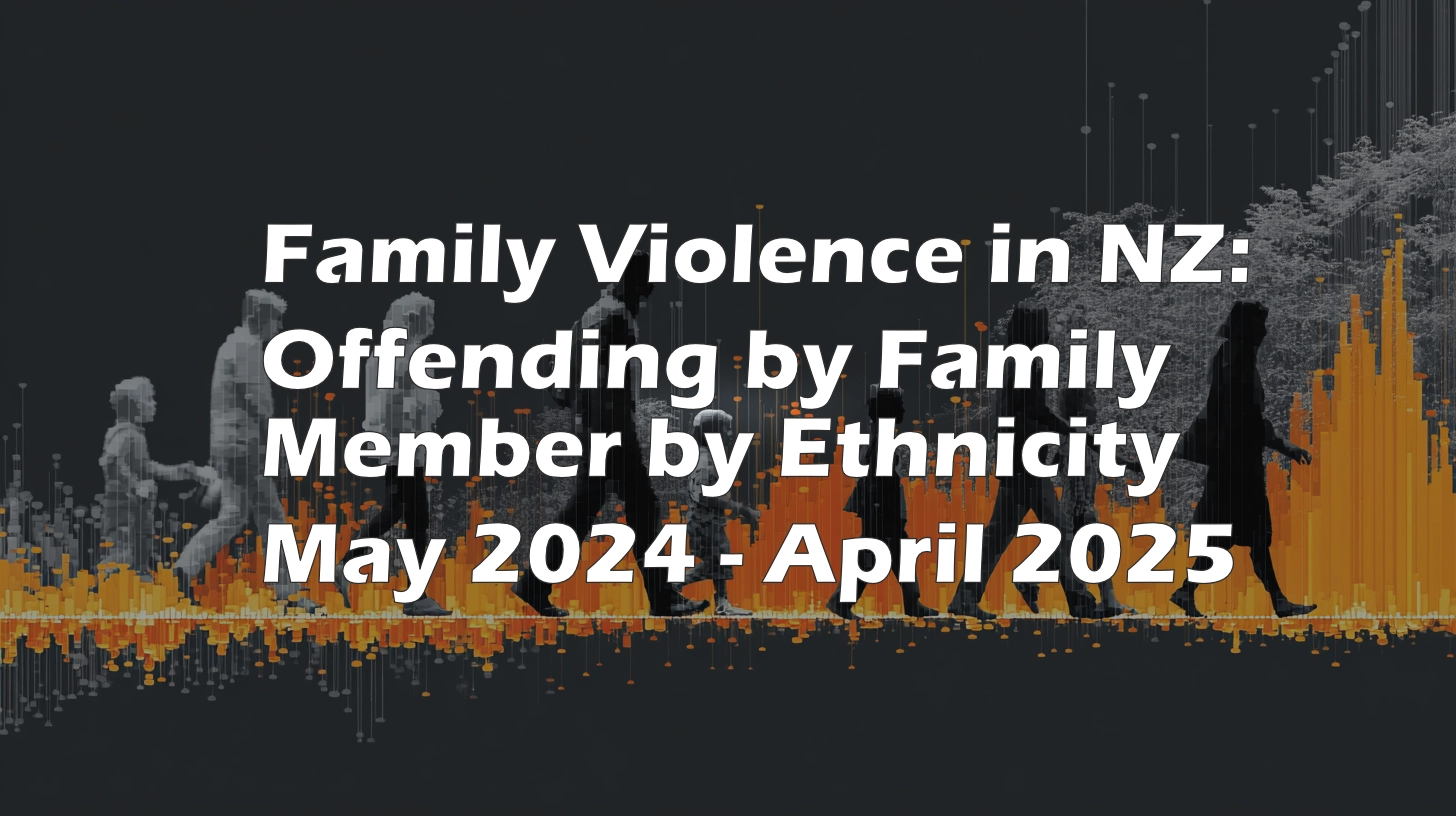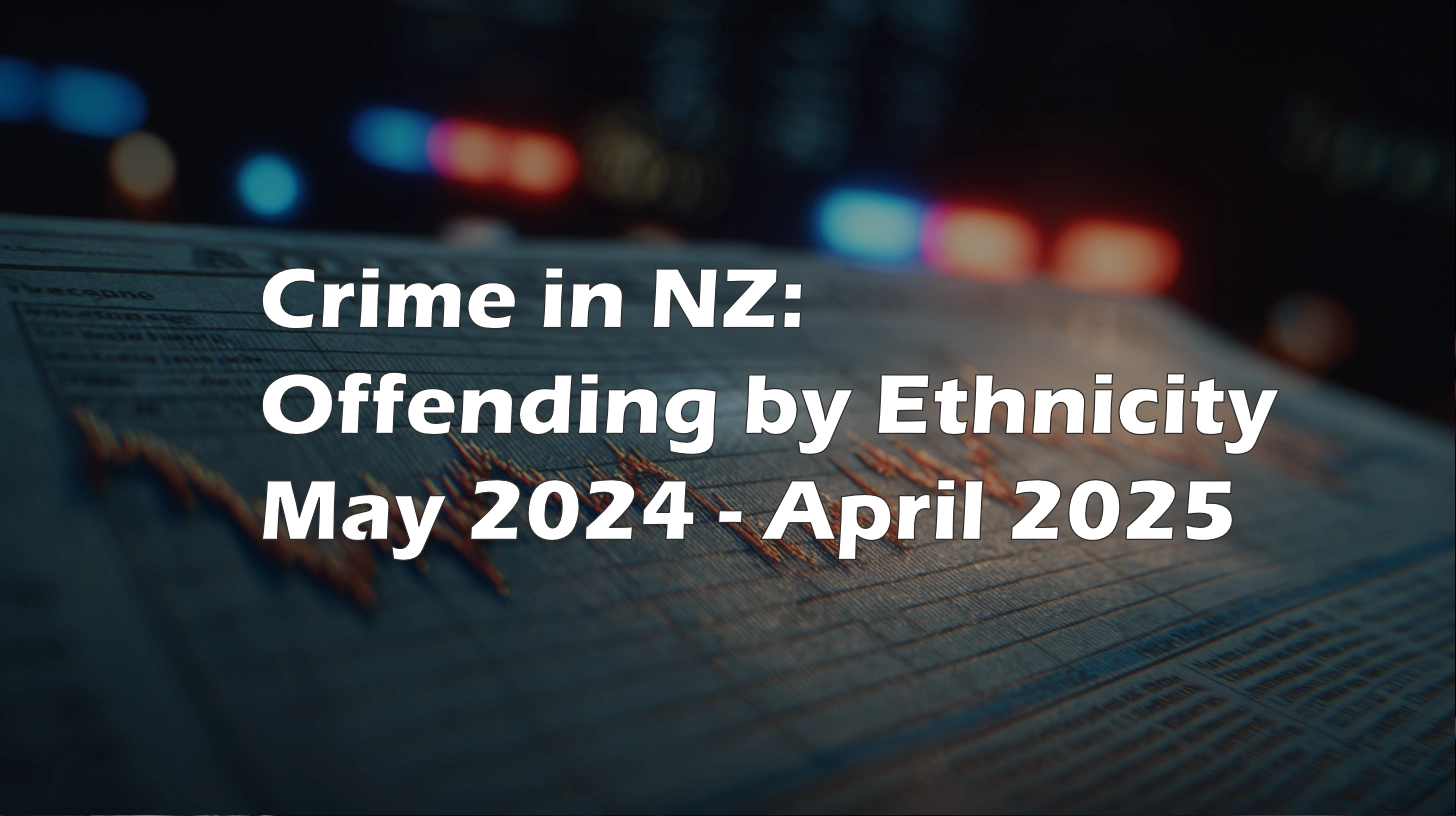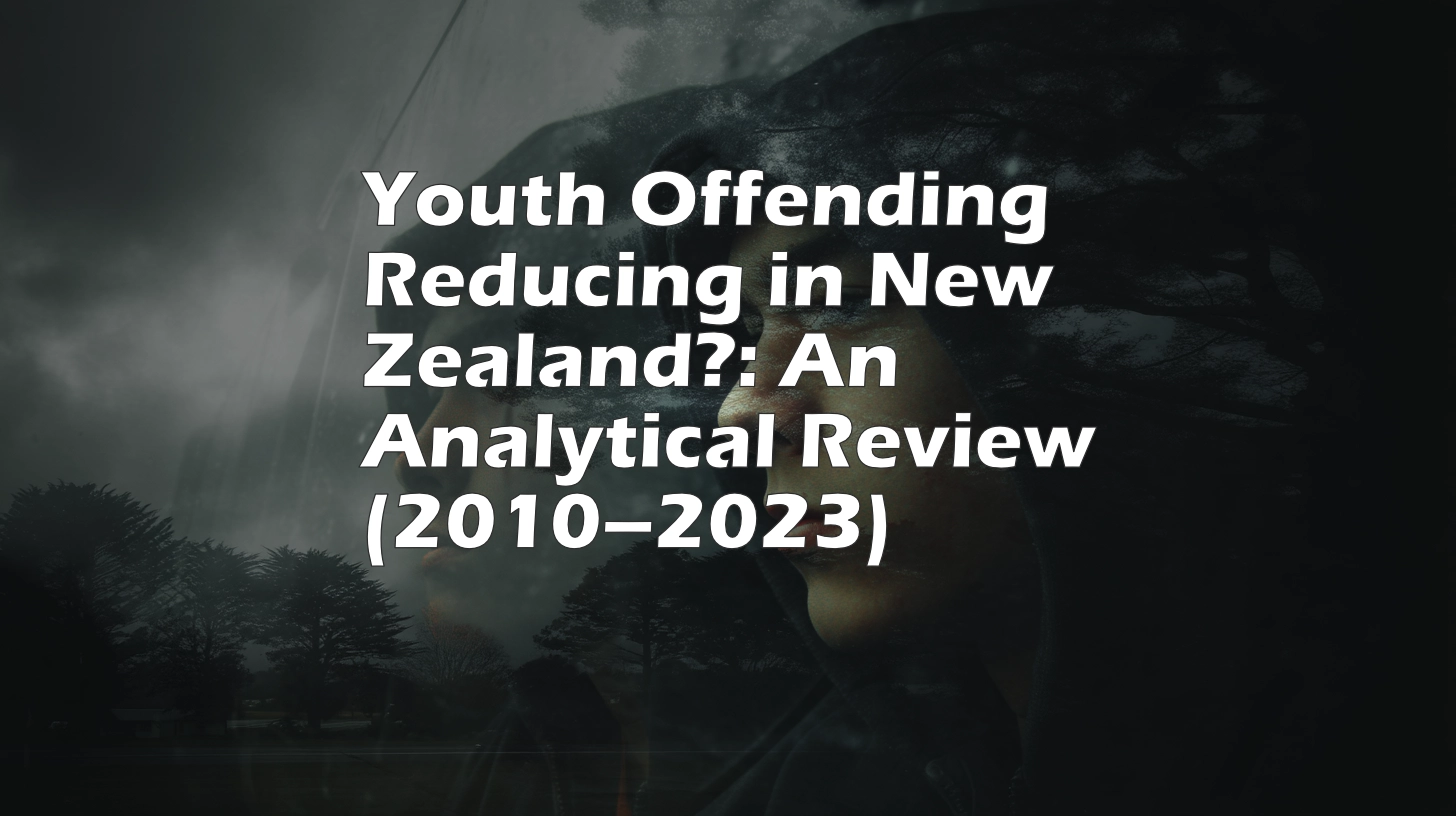Background and Evolution of the Prioritised Ethnicity System
The prioritised ethnicity system in New Zealand was introduced alongside changes to the census ethnicity question in the mid-1990s to address the challenge of reporting multiple ethnic affiliations while ensuring that ethnic group totals sum to the total population. Under this method, individuals who identify with more than one ethnic group are assigned to a single category according to a fixed hierarchy (Māori > Pacific Peoples > Asian > Middle Eastern/Latin American/African (MELAA) > Other > European/Pākehā). While this approach simplified aggregate reporting and analysis, it also meant that multi-ethnic identities could not be fully represented in statistical outputs (Stats NZ).
In 2004, Statistics New Zealand itself recommended that policy-makers and researchers move away from ethnic prioritisation, advocating instead for reporting methods that preserve multiple ethnic affiliations (such as total response or single/combination counting) to better capture the complexity of individual identity and avoid systematic under- or over-representation of certain groups (The New Zealand Medical Journal). Despite this, the prioritised system has persisted across many administrative datasets and continues to influence funding, service planning, and monitoring.
Key Users of Prioritised Ethnicity
Statistics New Zealand
Statistics New Zealand provides census and survey outputs using multiple ethnicity methods, including prioritised ethnicity, to allow users to choose the approach that best suits their needs. Prioritised outputs ensure that ethnic group totals exactly match the population count, which facilitates comparability over time and simplifies resource allocation models Stats NZ. However, relying solely on prioritisation obscures the lived reality of New Zealand’s growing number of multi-ethnic individuals.
Ministry of Social Development (MSD)
The Ministry of Social Development used prioritised ethnicity in its reporting frameworks, allocating participants in welfare and employment programmes to one of four priority categories: Māori, Pacific Peoples, New Zealand European, and Other. This approach enabled clear, single-category statistics for programme uptake and outcomes, aiding straightforward performance monitoring. The drawback, however, was that people identifying with both Māori and Pacific ethnicities, for example, were reported only as Māori, thereby masking the scale and needs of Pacific communities within their client base MSD.
Ministry of Health and the Health & Disability Sector
Health sector data protocols (HISO 10001:2017), endorsed by the Health Information Standards Organisation, specify that where systems cannot record multiple ethnicities, the prioritisation method must be employed. This standardisation allows for consistent epidemiological surveillance, health needs assessment, and funding allocation for services targeting specific groups. Yet by collapsing multi-ethnic responses into a single category, the system risks underestimating the health burden and service use patterns of those whose secondary or tertiary ethnic affiliations are deprioritised (Auckland Medical Faculty.) Additionally, the National Health Index (NHI) database employs prioritised ethnicity for case management and resource planning, reinforcing its use in clinical and funding contexts (platohealth.com.)
Ministry of Education and NZQA
Both the Ministry of Education (MoE) and the New Zealand Qualifications Authority (NZQA) apply prioritised ethnicity when reporting on educational outcomes, such as NCEA achievement rates and participation in tertiary study. This yields clean, single-count tables that facilitate comparisons across ethnic groups and time periods. However, prioritisation can undercount the performance and progression of students whose primary affiliation by priority does not reflect their main cultural identity, potentially skewing targeted support initiatives (SpringerLink.)
Accident Compensation Corporation (ACC)
Since 1997, ACC has collected ethnicity data via claim forms where clients can select up to six ethnicities, then applies the national prioritisation algorithm (Māori > Pacific > Others) to generate a single-ethnicity field for statistical reporting. This enables straightforward injury incidence and service-use statistics by ethnic group but similarly masks multi-ethnic experiences and can misrepresent the distribution of claims across communities Stats NZ
Other Administrative Sources
Many other administrative datasets and linked statistical collections—ranging from justice sector records to social policy databases within the Integrated Data Infrastructure—also default to prioritised ethnicity for consistency with the national standard. This uniformity aids cross-agency comparisons but perpetuates a one-dimensional view of ethnic diversity and may lead to resource misallocation when second or third ethnic affiliations carry distinct service needs VHIN NZ.
Benefits and Drawbacks Across Scenarios
- Simplicity and Comparability: Prioritised ethnicity delivers single-category counts that sum exactly to population totals, supporting clear dashboards, year-on-year comparisons, and simplified funding formulas.
- Loss of Nuance: By reducing multiple identifications to one category, the system fails to capture the true extent of multi-ethnic identities, hindering culturally responsive policy and obscuring specific community needs Taylor & Francis Online
- Equity Implications: In contexts like health and social services, deprioritisation can understate the needs of communities whose ethnic affiliations appear lower in the hierarchy, potentially skewing equity-focused interventions.
- Administrative Consistency vs. Representation: While uniform adoption across agencies enhances administrative efficiency, it conflicts with modern recognition of fluid and layered identities, leading to calls for greater use of total response and combination methods in policy monitoring.
Conclusion
Although prioritised ethnicity has provided a practical solution for single-category reporting across government agencies, its inherent trade-offs—particularly for multi-ethnic individuals—have prompted official guidance to favor multiple-response methods where possible. Ongoing shifts toward richer, more inclusive ethnicity data collection and reporting frameworks reflect New Zealand’s recognition of its increasingly diverse population and the need for policy tools that fully respect individual identity complexity.









